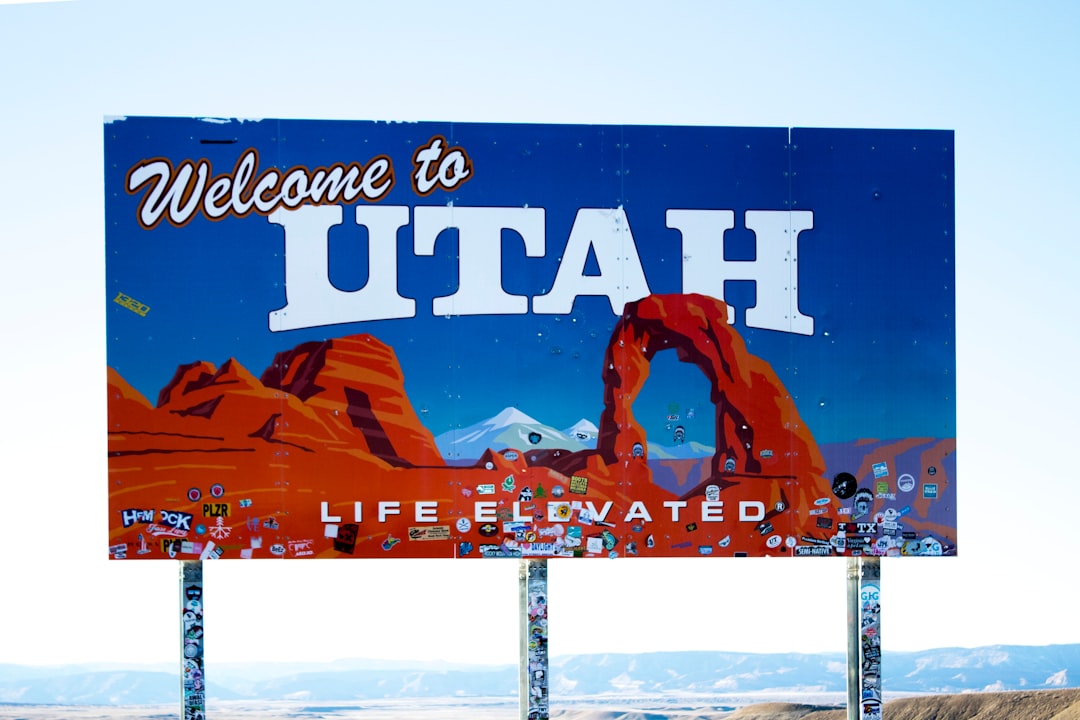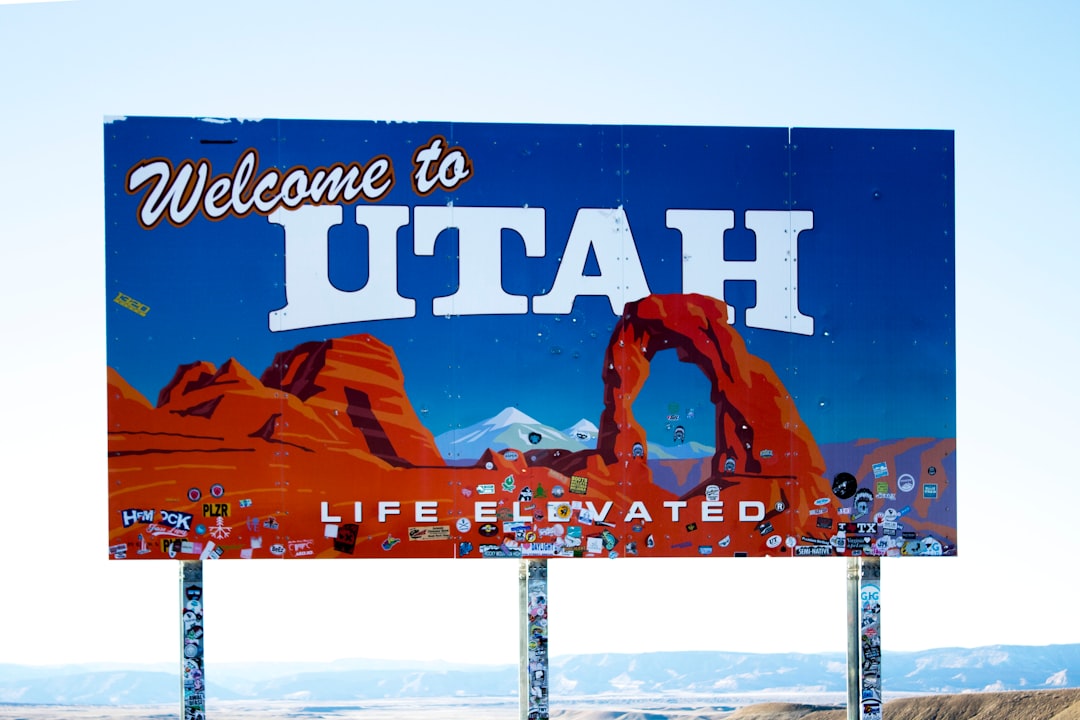Utah residents face unique challenges with spam calls due to spanning two time zones, complicating the application of spam call laws. Reputable Utah law firms specialize in federal laws like TCFAPA, offering protection against unsolicited marketing calls. Strict regulations and consumer privacy focus combat spam, with agencies like Utah's Division of Consumer Protection enforcing laws and collaborating with telecom carriers. Top-rated spam call lawyer firms use AI and machine learning to identify and block spam, while educating businesses and individuals on anti-spam practices. Evolving strategies, including enhanced legal frameworks and education initiatives, deter malicious activities, making Utah a model for other states in combating spam calls effectively.
Utah faces a unique challenge with spam calls due to its vast time zones, affecting residents across different regions. This article explores the comprehensive efforts of the state to combat this persistent issue. From understanding the problem to legal frameworks and the role of consumer protection agencies, we delve into strategies employed by top-rated spam call lawyers in Utah. Additionally, we discuss future enhancements for a more robust approach, focusing on keywords like ‘spam call lawyer Utah’, ‘spam call attorney Utah’, and ‘spam call law firm Utah’ to highlight effective solutions.
Understanding Utah's Unique Challenge with Spam Calls Across Time Zones

Utah’s residents often find themselves at a unique disadvantage when it comes to dealing with spam calls, especially considering the state’s vast span across multiple time zones. As one of the few US states spanning two time zones—Mountain Standard Time (MST) and Mountain Daylight Time (MDT)—Utahns are exposed to a constant influx of unwanted phone calls from both local and out-of-state sources during varying periods of the day. This presents a complex challenge, as spam call laws and regulations must account for these time zone differences to effectively protect consumers.
The issue is further complicated by the fact that many spam call operations are based in different states or even countries, making it difficult to trace and regulate them. Utah’s spam call lawyers and attorneys at reputable law firms play a crucial role in navigating this complex landscape. They assist individuals and businesses in understanding their rights under state and federal laws, such as the Telemarketing and Consumer Fraud and Abuse Prevention Act (TCFAPA), which provides protections against unsolicited telephone marketing calls. By employing these legal experts, Utah residents can take proactive measures to combat spam calls, ensuring their peace of mind and privacy across all time zones.
Legal Framework: Existing Laws and Regulations Targeting Spam Calls in Utah

In Utah, the legal framework aimed at combating spam calls is robust and multifaceted. The state has implemented strict regulations targeting unwanted telemarketing practices, with a particular focus on protecting consumers’ privacy and peace of mind. The Telemarketing Act of 1973 (TCPA) serves as the cornerstone of these efforts, prohibiting abusive telemarketing practices and providing legal recourse for recipients. This federal law has been enhanced by Utah’s own legislation, such as the Utah Consumer Sales Practices Act, which offers additional safeguards against deceptive or annoying phone calls.
Utah residents have the right to seek legal action against spam call lawyers or attorneys who violate these laws. Spam call law firms in Utah are well-versed in navigating these regulations and often assist consumers in blocking and reporting nuisance calls. A lawyer for spam calls in Utah can guide individuals through their rights and options, ensuring that they receive fair treatment and protection under both state and federal spam call laws.
The Role of Consumer Protection Agencies in Combating Spam Calls

Consumer protection agencies play a pivotal role in combating spam calls across various time zones, especially in a state like Utah where residents experience high volumes of unwanted phone communications. These agencies are tasked with enforcing laws and regulations aimed at protecting consumers from deceptive and harassing practices, including spam calls. In Utah, the Division of Consumer Protection (DCP) is a key entity that works diligently to regulate telemarketing activities.
The DCP, in collaboration with other national consumer protection organizations, utilizes multiple strategies to combat spam calls. They educate consumers about their rights, investigate complaints, and take legal action against violators. Moreover, these agencies collaborate with telecom carriers to implement blocking mechanisms and enhance call screening processes. By engaging both businesses and consumers, they foster a culture of awareness and responsibility, making Utah a safer place for residents to manage their phone communications, especially regarding spam calls.
Strategies Used by Top Spam Call Lawyer Firms in Utah to Combat This Issue

Top spam call lawyer firms in Utah employ a multi-faceted approach to combat this persistent issue across multiple time zones. These firms leverage advanced technology, such as artificial intelligence (AI) and machine learning algorithms, to identify and block spam calls efficiently. By analyzing call patterns and data, these tools enable lawyers to create dynamic blocking lists tailored to each client’s specific needs.
Moreover, they collaborate closely with telecommunications providers and regulatory bodies to push for stricter enforcement of existing laws against spam calls. Their legal expertise includes navigating complex regulations, such as the Telephone Consumer Protection Act (TCPA), to secure favorable outcomes for clients. Additionally, these firms often offer educational resources to help businesses and individuals recognize and report spam calls, fostering a proactive community-driven approach to mitigate this nuisance.
Future Directions: Enhancing Utah's Approach to Protect Citizens from Spam Calls

As Utah continues to lead the way in combating spam calls, future directions should focus on enhancing existing strategies and leveraging technology to better protect citizens. One promising approach is the development of more robust legal frameworks that specifically target spam call lawyers Utah and attorney practices engaging in such activities. By strengthening anti-spam call laws and penalties, Utah can deter malicious actors and serve as a model for other states.
Additionally, collaboration between local, state, and federal agencies, along with reputable spam call law firms Utah, can lead to more effective enforcement and proactive measures. The integration of advanced call tracking systems and machine learning algorithms can aid in identifying and blocking spam calls at the source. These collaborative efforts, combined with education initiatives aimed at empowering residents with knowledge about their rights and reporting mechanisms, will be crucial in maintaining Utah’s reputation as a safe haven from unwanted and malicious spam calls.






